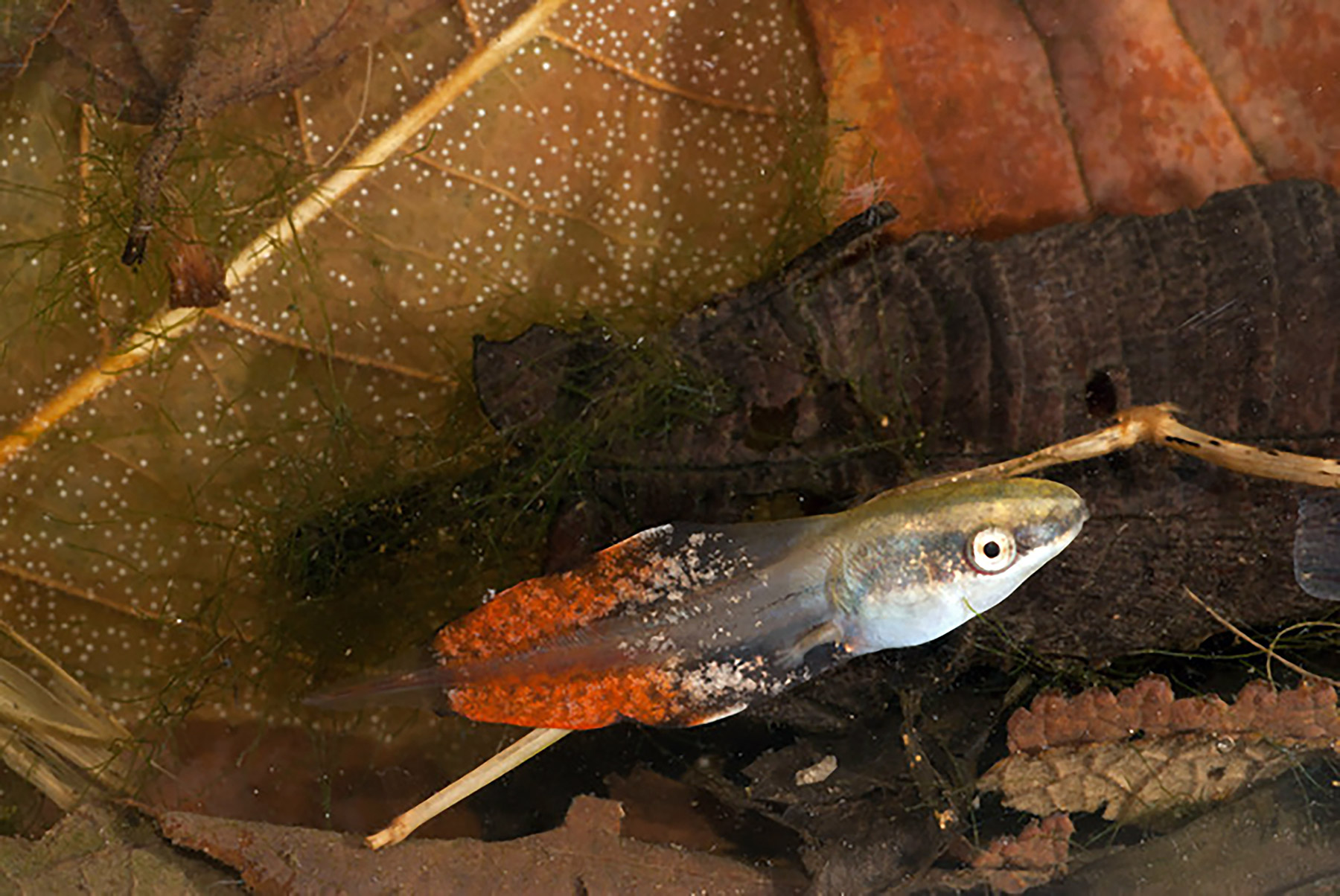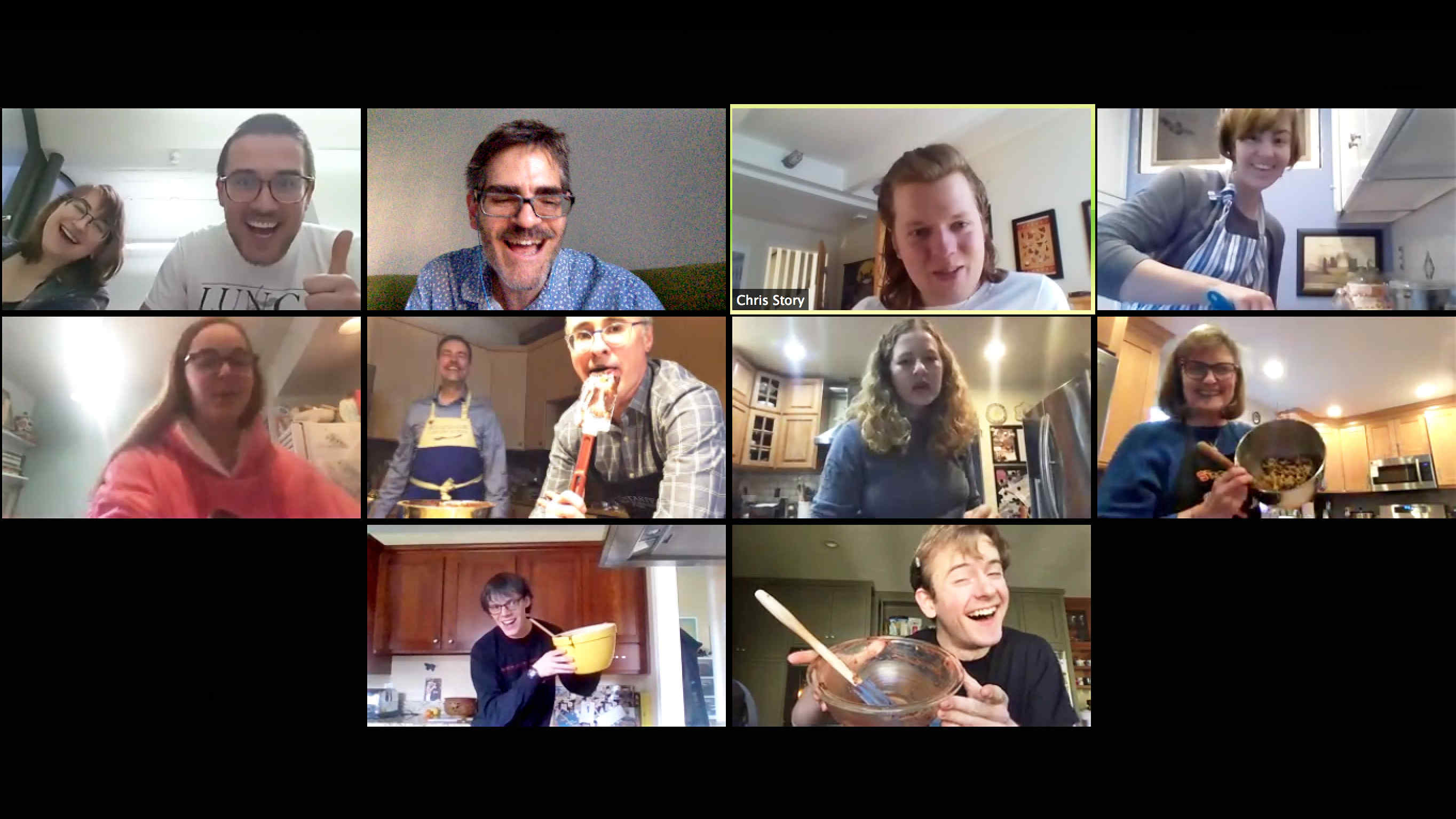Justin C. Touchon

I study animal behavioral ecology, life-history and phenotypic evolution, embryonic and larval development, and predator-prey interactions. I primarily study amphibians in both tropical and temperate systems. My main research involves using the treefrog Dendropsophus ebraccatus (and relatives in the same genus) to understand the forces that drive the evolution of reproduction on land. Dendropsophus ebraccatus has plasticity in reproduction, laying eggs in water under some conditions and laying eggs on land under others. I also study the tadpoles of this species, which have remarkable plasticity in morphology and coloration, growing different tail shapes and colors when raised in the presence of different types of predators. More locally I study the ecological interactions between amphibian eggs and their natural pathogens, predators and competitors. This work integrates behavior, development, and ecology with population genetics, phylogeography, and next-generation sequencing and comparative genomics.
- BS Biology 1996 Willamette University,
- PhD Ecology, Behavior and Evolution 2009 Boston University
- NSF International Fellow/Smithsonian Fellow 2010-2013 Smithsonian Tropical Research Institute
- Postdoctoral Researcher 2014 East Carolina University
Research Interests
I study animal behavioral ecology, life-history and phenotypic evolution, embryonic and larval development, and predator-prey interactions. I primarily study amphibians in both tropical and temperate systems. My main research involves using the treefrog Dendropsophus ebraccatus (and relatives in the same genus) to understand the forces that drive the evolution of reproduction on land. Dendropsophus ebraccatus has plasticity in reproduction, laying eggs in water under some conditions and laying eggs on land under others. I also study the tadpoles of this species, which have remarkable plasticity in morphology and coloration, growing different tail shapes and colors when raised in the presence of different types of predators. More locally I study the ecological interactions between amphibian eggs and their natural pathogens, predators and competitors. This work integrates behavior, development, and ecology with population genetics, phylogeography, and next-generation sequencing and comparative genomics.
I’m always looking for motivated undergraduates to join my lab for work on the Vassar Farm, with my colony of D. ebraccatus at Vassar, and potentially in Panama during summer. Please see my lab website (pages.vassar.edu/jutouchon) for current information on ongoing student projects and potential research opportunities.
Teaching Interests
I teach BIOL 106 (Introduction to Biological Investigation), BIOL 226 (Animal Structure and Diversity) and BIOL 340 (Experimental Animal Behavior). I am on sabbatical during Fall 2016 but will be teaching BIOL 226 in Spring 2017. I have a longstanding interest in teaching statistics using the programming language R and I am happy to consult with students that are conducting research and looking for statistical advice. Please see my lab website for downloadable modules that you can use to teach yourself R (teaching materials developed in collaboration with the Smithsonian Tropical Research Institute).
Research and Academic Interests
Animal Behavioral Ecology; Life-History and Phenotypic Evolution; Embryonic and Larval Development; Predator-Prey Interactions
Departments and Programs
Courses
BIOL 108 Information Flow in Biological Systems
NEUR 301 Seminar in Neuroscience and Behavior
In the Media
Photos
Download images for non-commercial use, photo credit required.


